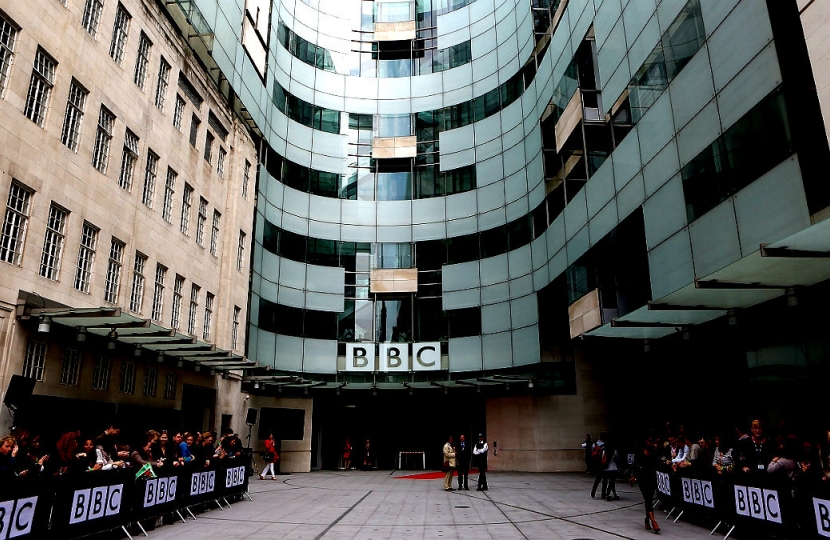
The Culture, Media and Sport Select Committee have published a report on the BBC White Paper, making a series of recommendations including calling on the BBC to publish details of all salaries over the £143,000 threshold.
The Committee concluded that there is no good reason to hide BBC performer’s total pay under the guise of preventing poaching by other stations given that salary levels are already common knowledge in the industry and should be accountable to the public as well.
Whilst the Committee welcomed the decision to abolish the BBC Trust and establish a unitary Board it retains serious concerns over the appointment of the new Board, including the way the Chair was reappointed without a recruitment process. The Committee agreed that the process of appointing the Chair should have been via an open and orderly public competition, as is standard in the public sector and as the Government has proposed for other members of the board.
They also recommended that, following the trial of three different pilot formats, the BBC should proceed with a “Scottish Six”: a television news programme anchored in Scotland, with a running order of Scottish, UK and international stories based on news merit, drawing on all the BBC's facilities, and broadcast from Scotland
It is vital that the new governance arrangements should preserve, and be seen to preserve, the independence of the BBC from interest group pressure, and from pressure from politicians.
The BBC has made real progress in providing a degree of transparency as to the number of people whose pay exceeds certain levels. The fact of the matter is however, licence fee payers have a right to know where and how their money is being spent to a much greater degree than the currently do. This should include the vast sums of money being spent on BBC talent. Given that the threshold for the publishing of executives’ salaries will be £143,000, there is no good reason why the same should not apply to BBC performers, presenters and producers. The fact that it has been difficult to find out what talent is paid raises suspicion. This would reduce that, and the chance of there being unfair or inappropriate compensation to BBC talent.
On the subject of the appointment of the Chair of the new BBC unitary board, most of us believe that, put simply, in all cases the best person for a job should get it. Whilst Rona Fairhead is undoubtedly extremely capable; an open, fair and transparent recruitment process would have been preferable to a closed shop appointment.
The White Paper reflects many of the suggestions made by the Committee, and underlines the Government’s commitment to the BBC and recognition of its unique value as a high quality, independent and globally respected public service broadcaster. I believe this, along with the further recommendations made in the Committee’s report will secure the BBC’s future and make it fit for 21stCentury Britain.
